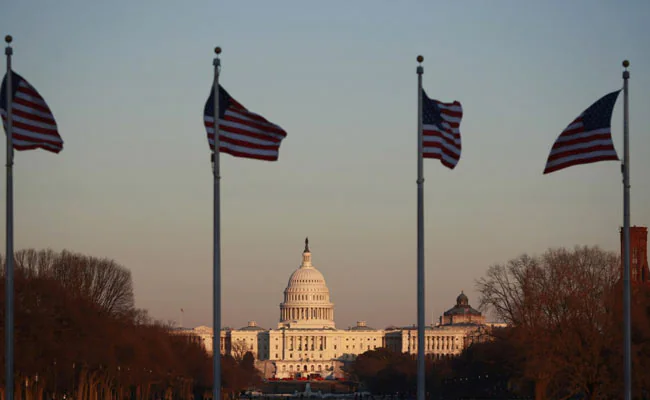Issuers of so-called “stablecoins,” virtual currencies whose value is pegged to traditional currencies, would face bank-like regulation and oversight under a draft bill from senior U.S. House lawmakers, according to a source familiar with the matter.
Washington:
Issuers of so-called “stablecoins,” virtual currencies whose value is pegged to traditional currencies, would face bank-like regulation and oversight under a draft bill from senior U.S. House lawmakers, according to a source familiar with the matter.
Senior Democrats and Republicans on the House Financial Services Committee have nearly completed a draft that would subject stablecoin issuers to prudential standards on capital, liquidity and supervision, similar to those banks already face.
The draft bill would allow nonbanks to issue stablecoins provided they adhere to the tougher oversight but would prohibit companies from issuing their own stablecoins, according to the source.
Issuers of stablecoins tie their value to traditional currencies like the U.S. dollar, intending the digital currencies to have low volatility.
But the high-profile collapse and stresses experienced by some major stablecoin issuers in recent months have brought added scrutiny from regulators, who worry consumers could be harmed. The bill also would require issuers to hold reliable and sufficient reserves, the source said.
The measure faces an uncertain future in Congress. The backing of senior members of both parties suggests it could pass the House, but the Senate has not been as involved in the negotiations, the source said. There are just a few months before the U.S. midterm elections in November, when policymaking is expected to grind to a halt.
Spokespeople for Representative Maxine Waters, the Democrat who chairs the committee, and Representative Patrick McHenry, its ranking Republican, did not respond to requests for comment.
The U.S. Treasury has been calling on Congress to craft legislation setting new rules for stablecoins since leading a report in November that urged Congress to allow bank-like oversight of the new financial product.

Source:ndtv.com

